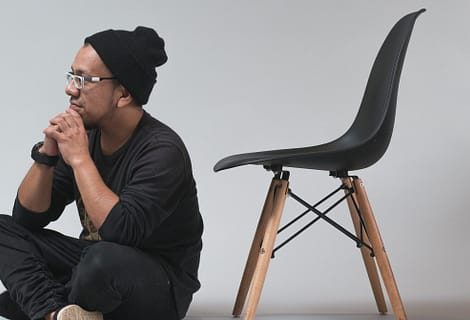A risky, but necessary, post
Sometimes we need to take a risk. This blog post is, I feel, a risk.
I am getting to an age where I begin to reflect seriously on my life. Not in a morbid, “oh, I’ve got to get my affairs in order” sort of way, but more what have I learned that should be passed on to another generation.
I spend much of my life working with clients, helping them to find the courage to be themselves in relationships with others (that last bit is really important, by the way). And yet, while I am not a total hypocrite, there are aspects of my life I have not dared express in public forums regarding my work. Factors that greatly influence how I view and act in the world.
Being careful
I have been very aware that whatever I write in public, as a blog post or even the occasional tweet, will be seen by potential clients. As such, I have been cautious not to put controversial posts up unless it comes to the massive self-inflicted wound of Brexit, as I might lose work. However, my emotional and intellectual response to a recent Twitter spat has left me considering that position.
A significant focus of my work is healing the injustices inflicted on people by themselves or others. How economic, social, religious and political structures influence our thoughts and feelings about ourselves and those around us. Despite what some counsellors would like to think, the counselling room is awash with these implicit and explicit influences; we cannot and should not try to ignore or silence those influences.
Many scholarly articles express the importance of respecting a client’s religion in counselling. However, there is a sense that it must be the ‘right’ approach to religion or ‘spirituality’ if we were playing safe with words.
I have watched mutely in the UK as counsellors and psychologists have freely expressed their adherence to Buddhist principles, fervent in their evangelical zeal. Some have dumbed down and commercialised Buddhism to the point that it bares little genuine relation to authentic Buddhism. Semantically bleaching the teachings of millennia to fit their own agendas.
Having sat through many hours of counsellor training in different settings, the semantic bleaching of religion in favour of spirituality has been evident. No more so than when I reflect on my initial counselling and psychotherapy training from what is now a very large training organisation (which I later realised was very poor quality – the things we don’t know when we are doing them, eh?). My early instructors normalised alternative ‘spiritual’ practices as part of the psychotherapy training. Indeed the only religion that was ignored and actively criticised (not even critiqued) was Christianity.
Let loose the dogs of war
The Twitter spat involved a Catholic counsellor who, politely and respectfully, in my view, expressed his concern over some issues that went against his beliefs. The response from a wide range of counsellors was quite disturbing, ranging from personal attacks to demands that he be thrown out of his professional body for gross professional misconduct. I had a wry smile when one contributor wondered what his clients would think if they could see what he had been writing – pot and kettle came to mind.
It frustrates me to think that those who attacked this Catholic counsellor are the same people who demand tolerance from others: reminding me of Slavoj Žižek’s observation that we ahem reached a time when we must be tolerant of the intolerances of others.
Among my colleagues, it appears to be OK to put forward views on ‘spirituality’, on atheism, or distorted views on Buddhism, or push questionable ideologies with a missionary zeal. But, draw upon foundational Christian beliefs (ethical beliefs often shared by other Abrahamic and other religions) or heaven forfend Catholic teaching, and you might as well let loose the proverbial dogs of war. What concerns me is that it seems to be OK to attack (and I don’t think it is too loose a use of the word) Catholicism in a way that it would not be allowed to attack other religious groups who share the same views on many issues, for example, Jews or Muslims.*
I guess the risky bit I mentioned in the introduction is the admittance, which you may have guessed, is that I am a Catholic counsellor (although not the one who has been subjected to the dogs of war), and yes, I do practice my faith, and yes I do believe in the Magisterium, the teaching of the Church. However, I am also a researcher with a clear foundation in my philosophical position, one mediated through the Critical Realism proposed by Bernard Lonergan.
Some, but not all, of those who champion the attacks on others may deeply understand the postmodernist roots they argue for. Some might even be aware of the centuries, if not millennia, of arguments that their position is founded, arguments that are, in fact, antithetical to any Christian. Radical arguments that privilege what happens inside the body over what happens outside. A privileging of interior feelings over external reality, where the objective becomes subservient to the subjective. A position that is, ultimately, unhealthy for individuals and society.






